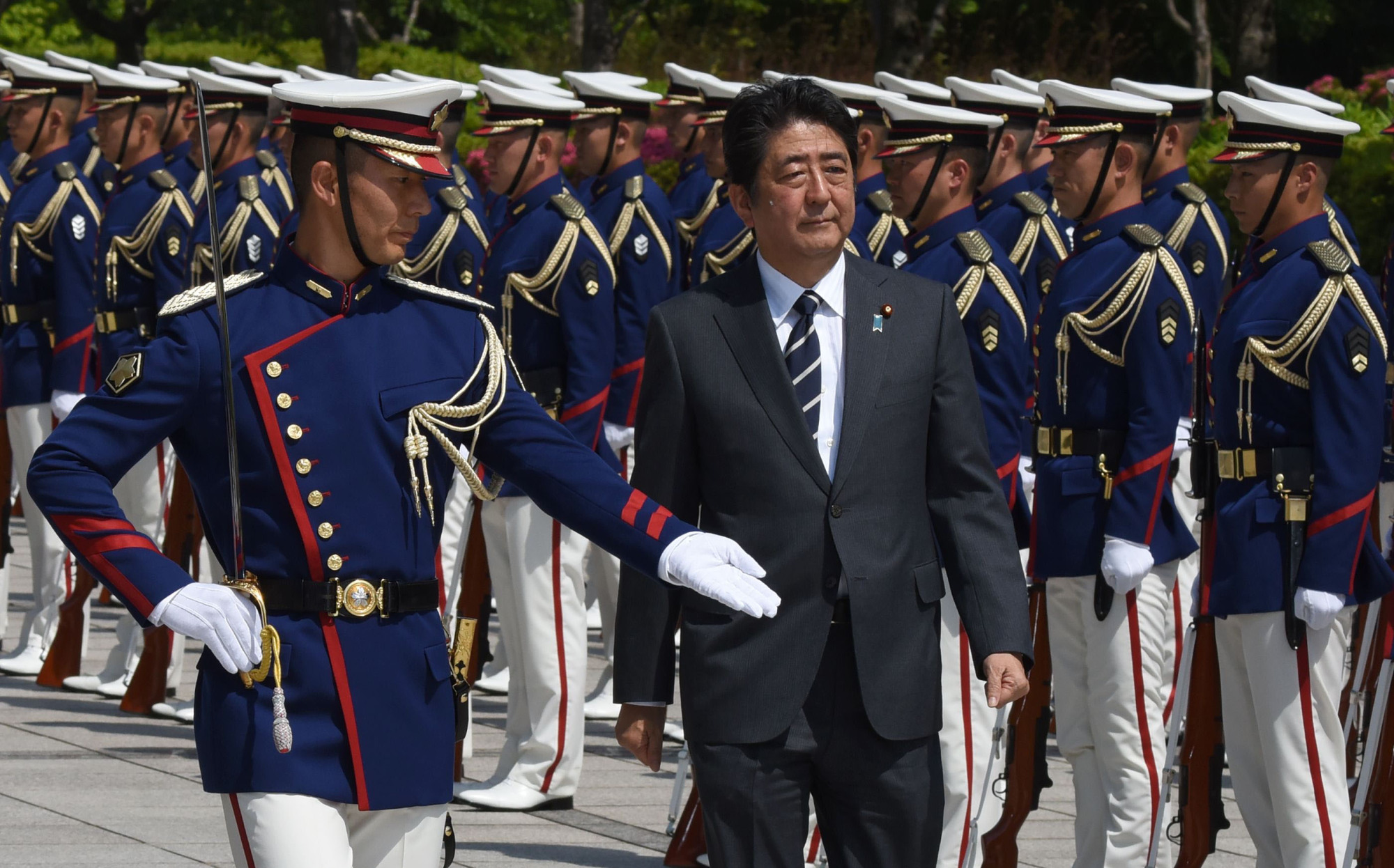On Sunday, Prime Minister Shinzo Abe overtook Junichiro Koizumi to become Japan's third longest serving postwar leader. Ahead of him are only the 20th century political giants of Shigeru Yoshida and Eisaku Sato. Abe has used this time to leave a lasting imprint on Japan, transforming its security architecture and lending his name to Abenomics, his strategy for economic revival.
Abe's strong leadership was initially welcomed by many who had grown weary of the succession of short-lived administrations. Yet, if there is a golden rule of politics, it is that power corrupts as hubris inflates leaders' egos and they begin to conflate personal interests with those of the state. After five continuous years in office, Abe increasingly appears to be suffering from this affliction.
The most recent sign is the Kake Gakuen scandal in which Abe is alleged to have pressured the education ministry to approve the opening of a veterinary medicine department at a university run by his friend, Kotaro Kake. After an application period of just eight days, with Kake Gakuen being the sole applicant, the permit was the first issued in 52 years. On the basis of this approval, the school operator was given free land worth ¥3.68 billion, plus ¥9.6 billion in subsidies.

















With your current subscription plan you can comment on stories. However, before writing your first comment, please create a display name in the Profile section of your subscriber account page.